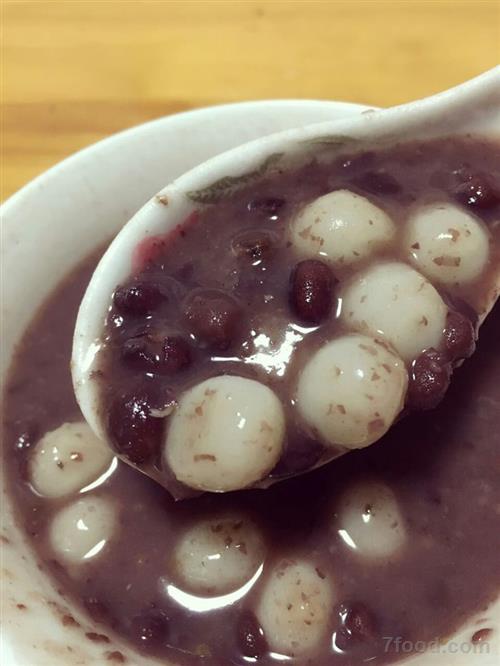As the temperature rises, do you feel that you have no appetite, no digestion, and no sweat? This is the "curse" of high temperatures. High temperatures increase the body's need for proteins, minerals, vitamins, and water. How to ensure the body's nutritional needs in high temperature environment? 1. Appropriately increase protein intake The energy provided by the protein in the diet should account for about 12% of the total energy, of which high-quality protein should account for more than half. Foods rich in high-quality protein include lean meat, fish, eggs, milk, soybeans, and soy products. 2. Eat more foods rich in potassium, calcium, magnesium, iron, etc. Potassium deficiency is one of the causes of heat stroke, so meals should be supplemented with more potassium-rich foods such as vegetables and fruits, and beans. Green vegetables, nuts, and whole grains are rich in magnesium. Milk and dairy products, soybeans and their products are rich in calcium. Animal liver, lean meat and animal blood are good sources of iron. Animal foods are rich in zinc and have high absorption rates, such as oysters, lean meat, and animal organs. 3. Add moisture and salt in time According to the amount of sweating water, sweating more, the amount of drinking water should be appropriately increased. In addition, you can't wait for thirsty to drink water, and you need to drink water regularly, a small number of times. Can choose boiled water, tea, lemonade, bean soup and so on. If you sweat more, you should add salt, you can choose some sports drinks, or add some salt (0.1% salt) in boiled water and tea water. In addition, water and salt can also be given through meals, such as ordering soup, fish soup, chicken soup, etc., for each meal, both to supplement water and salt, but also increase appetite. It should be noted that whether it is boiled water or various beverages and soups, it should not be too hot. Overheating can increase sweating, and it should not be too cold, otherwise it is a strong negative stimulus to the body that is being heated. 4. Eat more foods rich in vitamin B1, vitamin B2, vitamin C, and vitamin A Foods containing more vitamin B1 are peanuts, lean pork, beans, wheat flour, millet, etc.; foods containing more vitamin B2 and vitamin A are animal liver, eggs, and milk; vitamin C and carotene are more The food is a variety of fresh fruits and green leafy vegetables. According to specific circumstances, vitamin supplements can also be added, or supplemented with fortified foods. 5. Elaborate cooking, promoting appetite Light food, more cooking stew, etc., less frying. Using condiments such as onions, ginger, garlic, and vinegar can both stimulate appetite and promote digestion. Eat more fruits and vegetables, different varieties, different colors. Keep the dining area cool. 6. Pay attention to food hygiene In the high-temperature and high-humidity environment in summer, the proliferation of various pathogenic microorganisms accelerates and the food is easily spoiled and deteriorated. Attention must be paid to all aspects of food purchase, processing, and storage. Try not to go to poor roadside stalls, food stalls and other meals. Vault Room Construction,Vault Room In House,Vault Room Door,Vault Room Hebei Yingbo Safe Boxes Co.,Ltd , https://www.yingbosafebox.com
How to ensure the body's nutritional needs in high temperature environment
